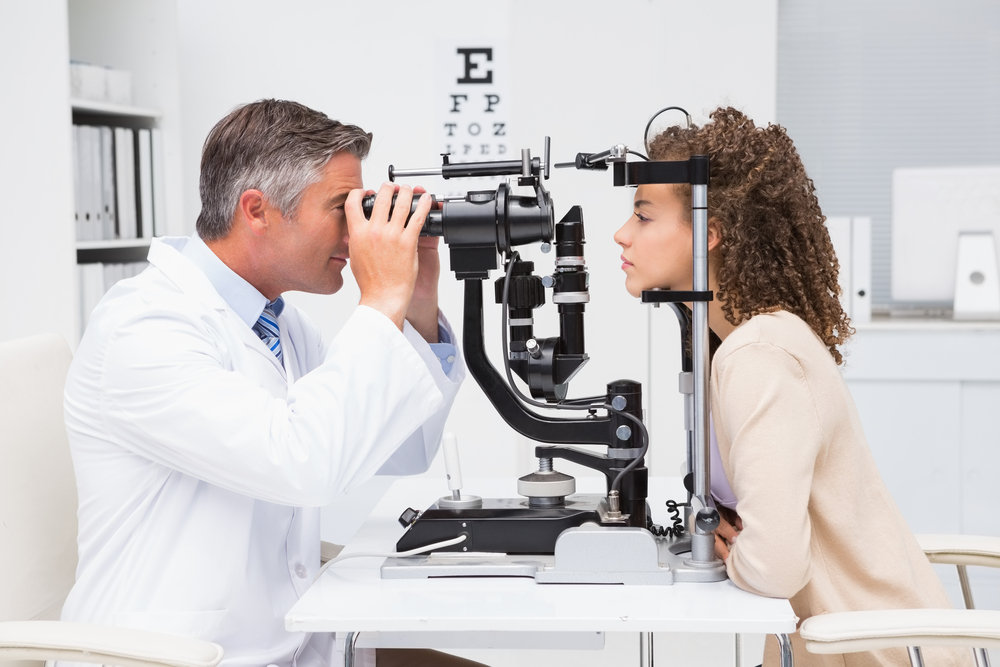
Do you remember the last time you visited an eye doctor for a regular eye examination? It is probably not because most people who visit eye doctors have already identified an underlying eye issue. Nevertheless, depending on your age, you need to see an eye doctor from Eyes of Texas after one to two years for an eye examination. It is essential to know the eye pain source, condition, or disease affecting your eyes.
There is no little pain or eye irritation that you should ignore. Eye issues can be complicated; therefore, seeking help from a professional eye doctor near you is necessary. Here is a list of signs you need to see an eye doctor.
Your Eyes/Eye Hurt
Not meant to scare you, but severe eye pain can cause blindness. Eye pain with symptoms like nausea, blurry eyesight, and headache are warning signs that you need to visit an eye doctor. Neglecting eye pain worsens the situation because some eye conditions are more critical and can affect the eyes. Allergies, headache, infection, irritation, inflammation, dry eyes, among other reasons, are the causes of eye pain. To ensure you are taking care of your eyes and detecting early stages of a more severe condition like glaucoma, visit a reliable ophthalmologist to find a solution.
Diagnosis of a Disease That Affects the Eyes
Some chronic conditions, like lupus and diabetes, affect the eyes. For instance, a condition like diabetes can damage your retina, causing blurry eyesight. If you happen to have such a disease and have never considered doing an eye exam, plan to see an eye doctor. For a case like lupus, you might be at risk of experiencing eye discomfort and or sometimes you are sensitive to light. Among other diseases to keep an eye on are inflammatory bowel disease, multiple sclerosis, and others.
Your Vision Keeps Fluctuating
Have you ever experienced your vision shifting, this time it is clear the next moment you cannot see correctly? Your eyesight can be fluctuating due to an elliptical curve that your cornea forms when light is refracted; another cause of an eye fluctuating is untreated diabetes. According to Doctor Allen, when blood sugar goes up, the lens of your eyes bulge, and when the blood sugar is down, the lens of your eyes shrinks, thus causing your eyes to fluctuate.
You Are Squinting to See/Read Things
Squinting is when you close one of your eyes, allowing it to change shape to let in less light so that you can see. If you ever find yourself closing one of your eyes or partly both of them so that you can see what’s on the billboard or read something on a projector, then you need to visit an eye doctor for an examination. You might need glasses to help you improve your vision.
Straining to See at Night/in the Dark When Driving
Doctor Michelle Andreoli of the American Academy of Ophthalmology highlights that one of the signs that your vision needs an eye doctors’ attention is when you strain to see things in the dark. Usually, seeing something at night is difficult, but if you struggle to see a near distance car, you need to get prescribed glasses, but first, you need to visit an eye doctor for a check-up. Your doctor will find the best solution in case of any underlying disease and advise you what to do.
You Have Trouble Focusing on Objects
Do you often experience blurry visions or find it challenging to focus on one object? If yes, you might be experiencing such eyesight changes, your doctor will do an eye exam to determine whether you need eye drops, surgery, or pills to improve your eye vision.
You See Weird Light Flashes/Floaters
It is okay once in a while to experience flashes of light after looking at a shiny object, but if you begin seeing plenty of floaters and flashes of light, it is a sign you need to visit your eye doctor as soon as possible. On that same note, if you experience retinal detachment symptoms like difficulty in seeing from the side of your eyes, it is high time you act promptly and see your eye doctor; otherwise, it left untreated, might cause blindness. There are many other signs like frequent headaches, double vision, red/pink eyes, sensitivity to light if you’ve never visited an eye doctor before, among other signs that you need to take into consideration and visit your doctor.